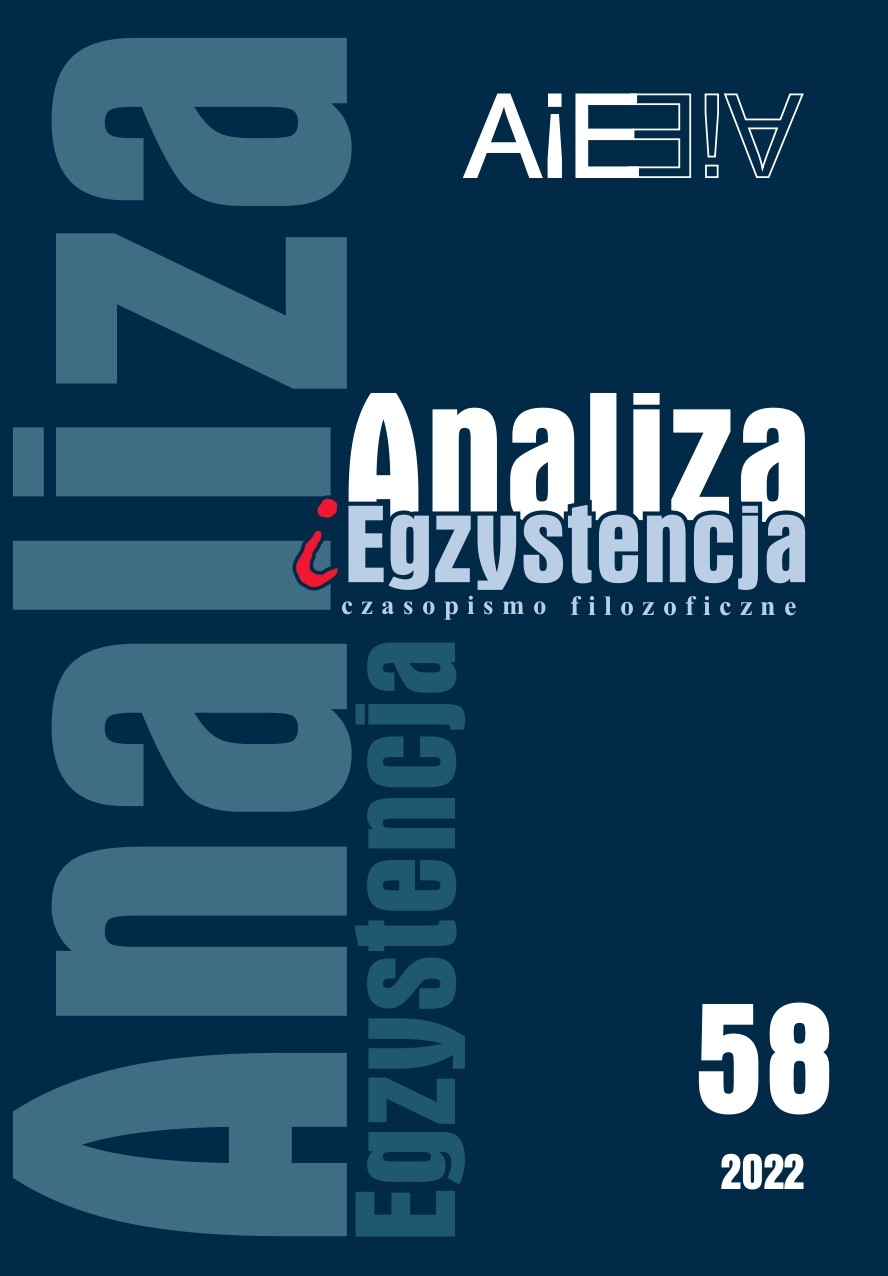The Libertarian Argumentation Ethics, the Transcendental Pragmatics of Language, and the Conflict-Freedom Principle
The Libertarian Argumentation Ethics, the Transcendental Pragmatics of Language, and the Conflict-Freedom Principle
Author(s): Norbert SlenzokSubject(s): Philosophy, Ethics / Practical Philosophy, Political Philosophy
Published by: Wydawnictwo Naukowe Uniwersytetu Szczecińskiego
Keywords: Hans-Hermann Hoppe; argumentation ethics; transcendental pragmatics of language; consensus theory of truth; conflict-freedom; libertarianism; political philosophy; Karl-Otto Apel; theory of justice
Summary/Abstract: The purpose of this paper is to showcase the links between Hans-Hermann Hoppe’s libertarian argumentation ethics and Karl-Otto Apel’s transcendental pragmatics with a special reference to the consensus theory of truth proposed by the latter thinker. More specifically, we contend that Hoppe’s theory is logically contingent on Apel’s views on truth in that some crucial gaps in Hoppe’s grounding of the so-called a priori of communication and argumentation are filled by Apel’s original arguments. Additionally, the paper provides a case for interpreting Hoppe’s ethics as a theory of rational conflict-freedom, which seems to cohere best with the transcendental-pragmatist approach. Finally, we offer a few comments on how the most common objections against Hoppe’s theory can be overcome on the basis of transcendental pragmatics and the conflict-freedom principle.
Journal: Analiza i Egzystencja: czasopismo filozoficzne
- Issue Year: 2022
- Issue No: 58
- Page Range: 35-64
- Page Count: 30
- Language: English

